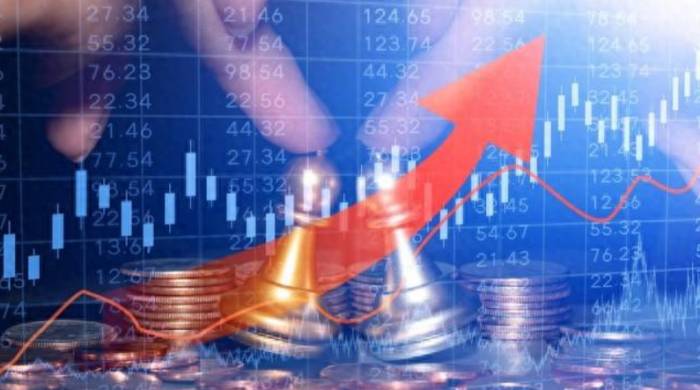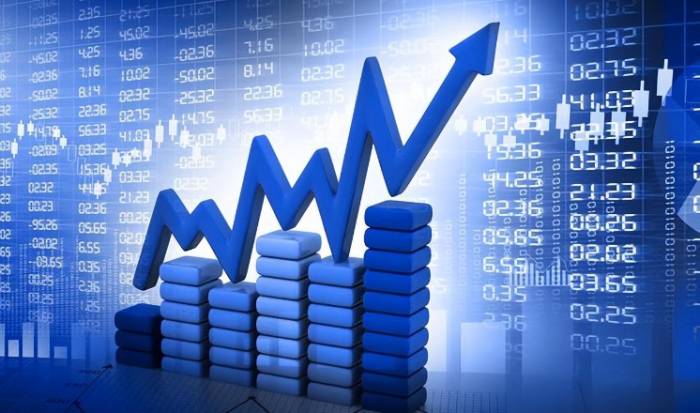Michael Jordan is the most influential athlete in the world of basketball. If someone in another field is referred to as the "Jordan" of their field, then their status in that field must be extraordinary.
There is such a legendary investor on Wall Street who is known to be the complete opposite of Buffett; his hedge fund, SAC Capital, has maintained a 30% return rate for over 20 years; he is listed on the Forbes rich list every year; and on Wall Street, traders always speak of him with reverence. He is the "Jordan" of the hedge fund world - Steven Cohen.
Learning to trade from poker games
Cohen was born in 1956 into a middle-class family on Long Island, New York. His father was a garment manufacturer, and his mother was a piano teacher. Cohen showed his trading talent from a young age, starting to play Texas Hold'em poker in high school. He found that the money he won from playing poker during his high school part-time job was much more than the income from his job. So, to have more time to play poker, he quit his job at the convenience store. At that time, he could win between $500 and $1,000 in a single night.
For Cohen, the experience of playing poker laid the foundation for his later trading career. Poker, like trading, taught him how to predict risks and probabilities.
In college, Cohen studied economics at the Wharton School of the University of Pennsylvania. He used his spare time to play poker. In 1978, after graduating from college, a broker from Merrill Lynch noticed Cohen, who began to use the money he won from poker for investment and immediately showed an astonishing trading talent - accurate judgment of the market trend. Cohen's trading talent also determined his trading method - short-term trading, which helped him make $10,000 on the first day of trading.
In 1979, the stock market entered the biggest bull market of the 20th century. That year, Cohen's investment doubled. After making $100,000 in the first year, he made another $1 million in the second year. At the age of 25, Cohen could make a profit of $5 million a year, and even $10 million if the market was good.
He continued to advance and became the king of hedge funds.
In the 1990s, Cohen began to start his own business, using $20 million to establish his own fund company, SAC Capital. In the first month after the company was established, Cohen's return rate was only 3.4%, but by the end of the year, this figure soared to 17%. In just four years, the funds managed by SAC Capital quadrupled.In 1999, before the burst of the U.S. technology stock bubble, Cohen made a significant profit by going long, earning a 68% return. The following year, he anticipated the collapse of the technology stock bubble and went short in advance, achieving a 73.4% return rate. This battle truly made Cohen a well-known name on Wall Street. In 2000, Cohen brought in $150 million in profits annually for Wall Street brokerage firms.
At its peak, SAC Capital had 1,200 employees and managed $17 billion in assets, becoming the most influential hedge fund company on Wall Street, and Cohen was also referred to as the "Jordan" of the hedge fund industry.
Steven Cohen's Investment Secrets
Cohen's trading philosophy is quite simple: to make money in the market, one must take risks, but the premise is that it must be smart risks.
1. Value Intuition
Cohen spends most of his time focused on the market, saying, "Watching the market is an art. At the beginning of trading, I don't look at anything except the numbers on the screen, always relying on my intuition and feelings."
2. Endure Risks
Poker games taught Cohen how to endure risks. He admits that he is always less sensitive to money, which is the same as trading. He pays attention to risks, the trade itself, but not the money.
3. Focus on Strengths
Starting from 2005, Cohen expanded his business from stocks to bonds, currencies, and private equity. However, in 2008, SAC's funds shrank by 18%. After that, he fired all non-stock traders and began to focus on short-term stock trading again.4. Information Analysis
In the fund circle, Cohn is known as "a greedy market information collector." As a believer in "information arbitrage trading," Cohn trades to some extent based on the thousands of pieces of information that circulate on Wall Street every day.






























Discussion